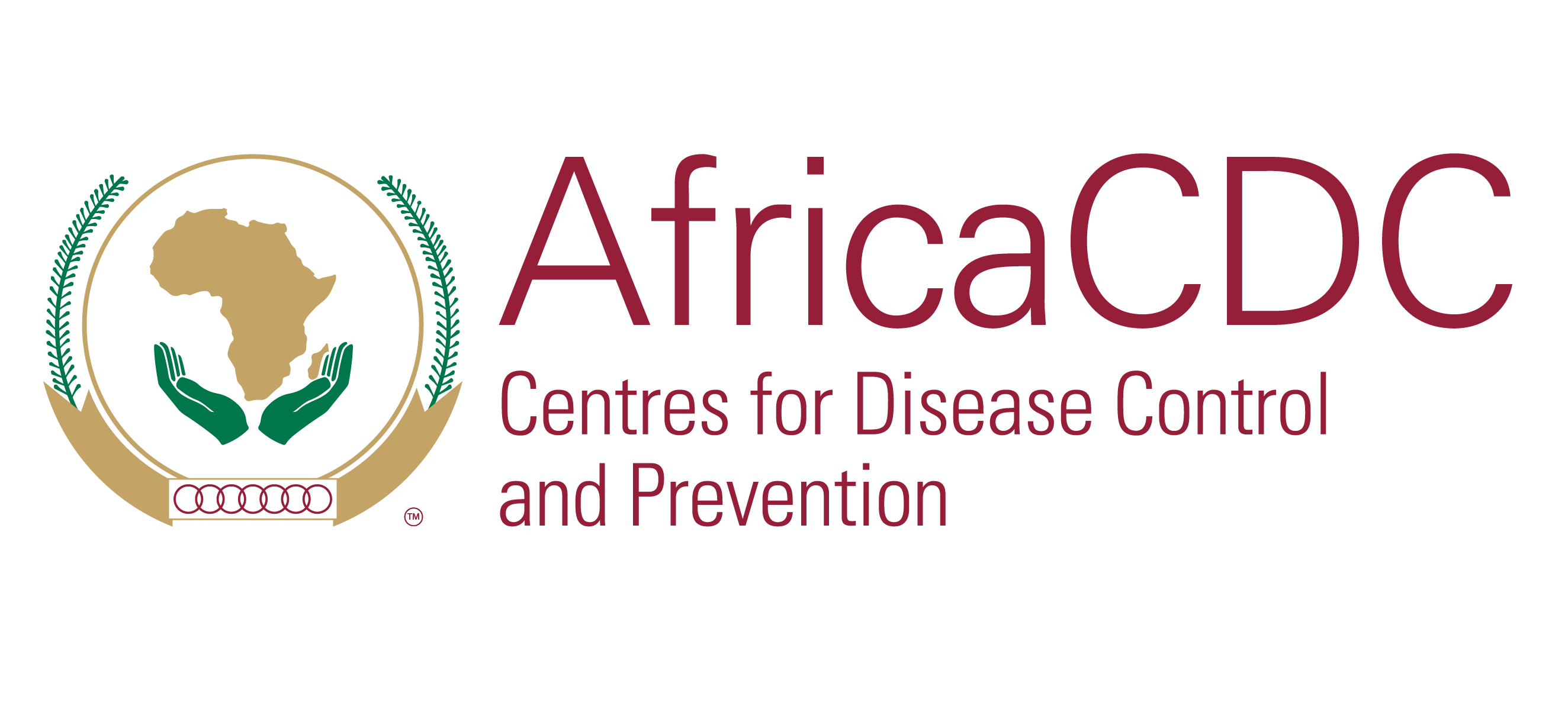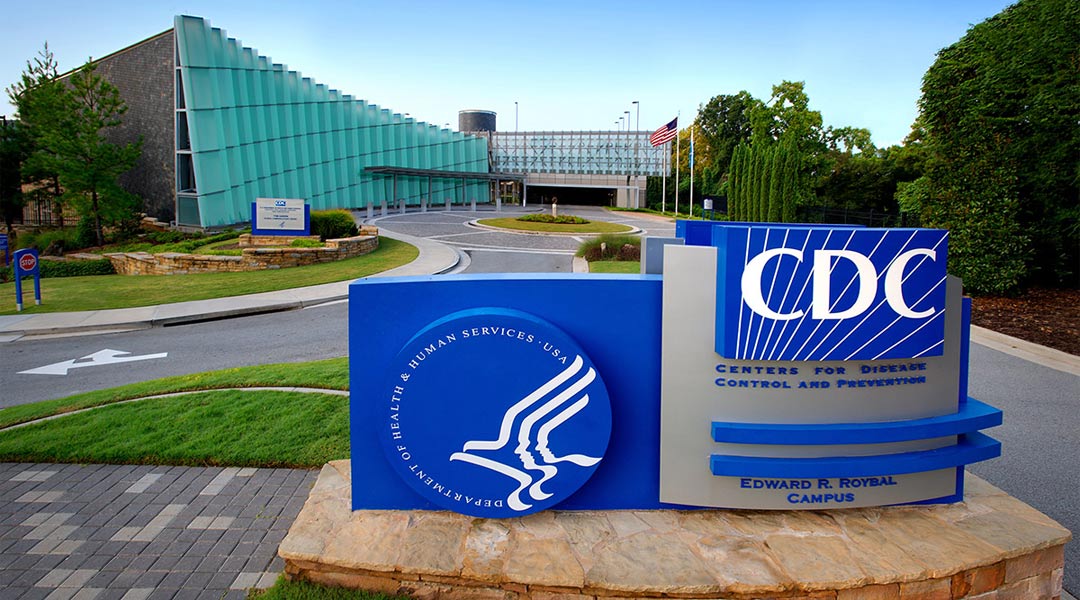What Is The CDC? Your Ultimate Guide To Understanding The Centers For Disease Control And Prevention
So, you’ve probably heard the term CDC thrown around in conversations, news reports, or social media, especially during the pandemic. But what exactly is the CDC? It’s not just some random acronym; it’s a big deal when it comes to public health. The Centers for Disease Control and Prevention plays a crucial role in safeguarding the health of people across the United States and beyond. If you’re curious about its mission, functions, and impact, you’ve come to the right place. Let’s dive in!
Think of the CDC as the ultimate health detective agency. They’re the ones who investigate diseases, track outbreaks, and figure out how to keep us safe. From flu season to global pandemics, the CDC is on the frontlines, making sure we have the information we need to protect ourselves and our communities.
But hey, the CDC isn’t just about reacting to health crises. They’re also about prevention, education, and long-term solutions. In this article, we’ll break down everything you need to know about the CDC, including its history, key responsibilities, and why it matters to you. So grab a cup of coffee, and let’s get started!
Read also:How Many Times Emily Compagno Been Married Unveiling The Surprising Truth
Understanding the Basics of the CDC
What Does CDC Stand For?
First things first, let’s break down the name. CDC stands for Centers for Disease Control and Prevention. Pretty straightforward, right? But there’s so much more to it than just the name. This federal agency is part of the U.S. Department of Health and Human Services (HHS), and its primary goal is to protect public health and safety by controlling and preventing diseases, injuries, and disabilities.
Now, here’s the cool part: the CDC doesn’t just focus on diseases. They also tackle issues like workplace safety, environmental health, and even global health threats. It’s like having a Swiss Army knife for public health problems.
The History of the CDC
Let’s rewind for a sec. The CDC wasn’t always the powerhouse it is today. It started way back in 1946 as the Communicable Disease Center, with a focus on controlling malaria in the United States. Over the years, its scope expanded massively. By the 1960s, the CDC was tackling everything from polio to smoking-related illnesses. And in the modern era, they’ve been at the forefront of responding to HIV/AIDS, Ebola, Zika, and, of course, COVID-19.
Fun fact: the CDC headquarters is located in Atlanta, Georgia. Yeah, it’s not in D.C. like you might expect, but Atlanta has been a hub for public health research for decades. Makes sense, right?
Key Responsibilities of the CDC
Tracking and Investigating Diseases
One of the CDC’s biggest jobs is tracking diseases. They use something called the National Notifiable Diseases Surveillance System (NNDSS) to monitor illnesses across the country. If there’s a sudden spike in cases of a particular disease, the CDC springs into action to figure out what’s going on.
For example, during the early days of the COVID-19 pandemic, the CDC worked tirelessly to track the spread of the virus and provide guidance to healthcare providers and the general public. They’re like the Sherlock Holmes of public health.
Read also:Chace Crawford Wife 2025 The Untold Story Youve Been Waiting For
Providing Health Education and Guidelines
Education is a huge part of what the CDC does. They create guidelines for everything from vaccination schedules to handwashing techniques. These guidelines aren’t just random suggestions; they’re based on scientific research and data.
And let’s not forget their role in educating the public. Whether it’s through their website, social media, or partnerships with local health departments, the CDC makes sure people have the information they need to stay healthy.
Conducting Research and Development
Research is the backbone of the CDC’s work. They conduct studies on everything from vaccine effectiveness to the impact of environmental toxins on human health. This research helps them develop new strategies for preventing and controlling diseases.
For instance, the CDC played a key role in developing the HPV vaccine, which has drastically reduced the incidence of cervical cancer. That’s some serious life-saving work right there!
How Does the CDC Impact Your Life?
Protecting You from Outbreaks
Let’s talk about the elephant in the room: outbreaks. When a disease starts spreading rapidly, the CDC is the first line of defense. They work with state and local health departments to identify the source of the outbreak, contain it, and prevent further spread.
Remember the H1N1 flu pandemic in 2009? The CDC was all over it, providing guidance on how to protect yourself and your family. They even helped develop a vaccine to combat the virus. Pretty impressive, huh?
Promoting Healthy Lifestyles
The CDC doesn’t just focus on diseases; they also promote healthy lifestyles. They provide resources on nutrition, exercise, and mental health. Their goal is to help people live longer, healthier lives.
For example, the CDC’s “Let’s Move” campaign encouraged kids and families to get active and eat healthy. It’s all about creating a culture of wellness, one step at a time.
Addressing Global Health Threats
While the CDC’s primary focus is on the United States, they also play a major role in addressing global health threats. They work with international partners to combat diseases like Ebola, Zika, and malaria. In today’s interconnected world, a health crisis in one part of the globe can quickly become a global issue.
By collaborating with organizations like the World Health Organization (WHO), the CDC helps ensure that everyone, no matter where they live, has access to the resources they need to stay healthy.
Challenges Faced by the CDC
Funding and Resource Allocation
Like any government agency, the CDC has to deal with budget constraints. Funding decisions can impact their ability to conduct research, respond to outbreaks, and provide education. It’s a balancing act, and sometimes tough choices have to be made.
For example, during the 2018 government shutdown, many CDC programs were temporarily suspended. This highlighted the importance of stable funding for public health initiatives.
Misinformation and Public Perception
In today’s digital age, misinformation spreads faster than ever. The CDC often finds itself battling false claims and conspiracy theories about vaccines, diseases, and public health measures. It’s a constant challenge to ensure that accurate information reaches the public.
That’s why the CDC invests so much in education and outreach. They know that an informed public is a healthier public.
Adapting to Emerging Threats
New diseases and health threats are constantly emerging, and the CDC has to stay one step ahead. This requires ongoing research, collaboration with experts, and the ability to adapt quickly to changing circumstances.
Take the rise of antibiotic-resistant bacteria, for instance. The CDC has launched initiatives to combat this growing threat, but it’s an ongoing battle that requires constant vigilance.
How Can You Get Involved with the CDC?
Stay Informed
The best way to get involved is to stay informed. Follow the CDC’s website, social media channels, and newsletters to stay up-to-date on the latest health news and guidelines. Knowledge is power, after all.
Volunteer and Advocate
If you’re passionate about public health, consider volunteering with local health organizations or advocating for policies that support public health initiatives. Every little bit helps!
Participate in Research Studies
The CDC often conducts research studies that rely on public participation. By volunteering for these studies, you can contribute to the advancement of public health knowledge and solutions.
Expert Insights on the CDC
Interview with Dr. Jane Doe, Public Health Expert
Dr. Jane Doe, a renowned public health expert, had this to say about the CDC: “The CDC is an invaluable resource for both healthcare professionals and the general public. Their commitment to science-based solutions and global health collaboration is truly commendable.”
Dr. Doe went on to highlight the CDC’s role in addressing health disparities and promoting health equity. “They’re not just about curing diseases; they’re about creating a world where everyone has the opportunity to live a healthy life,” she added.
Data and Statistics to Know
- The CDC has over 14,000 employees working in various fields of public health.
- In 2021, the CDC’s budget was approximately $12 billion.
- The CDC has responded to over 1,000 public health emergencies since its founding.
- More than 50% of the CDC’s budget is allocated to state and local health departments.
Conclusion: Why the CDC Matters to You
Alright, let’s wrap this up. The CDC is more than just an acronym; it’s a lifeline for public health. From tracking diseases to promoting healthy lifestyles, the CDC plays a vital role in keeping us safe and informed. So the next time you hear someone mention the CDC, you’ll know exactly what they’re talking about.
Now it’s your turn to take action. Stay informed, advocate for public health, and share this article with your friends and family. Together, we can make a difference in creating a healthier world. So, what are you waiting for? Get out there and spread the word!
Table of Contents
Article Recommendations


